Indigenous Resources
The agency is committed to the ongoing development and implementation of an agency-wide Approach to actively achieve all legislative and Indigenous models of practice requirements and commitments as per the direction and collaboration of local First Nations, Inuit, Métis, communities, collaborators, advisors and staff.
Below is a list of some our available resources, as well as organizations to know and support in the community.
Do you have questions about our approach? Do you want to become a partner or share resources with us?
Important Dates and observances
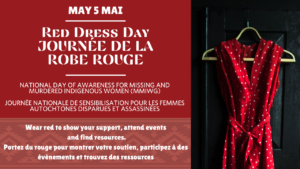
May 5th is National Day of Awareness of Missing and Murdered Indigenous Women, Girls, and Two Spirited People in Canada, also known as Red Dress Day.
This day began as “an aesthetic response to more than 1000 missing and murdered Aboriginal women in Canada” by Jaime Black (Métis). It started in 2010, and also includes Two-Spirit individuals who have gone missing or have been murdered. The red dresses act as a visual reminder of all the missing women, girls, and Two-Spirit people.
An additional resource includes the final report, published in 2019, on murdered and missing Indigenous Women and Girls reveals that persistent and deliberate human and Indigenous rights violations and abuses are the root cause behind Canada’s staggering rates of violence against Indigenous women, girls and Two-Spirited people. The two-volume report calls for transformative legal and social changes to resolve the crisis that has devastated Indigenous communities across the country. Implementing the report’s findings are part of our journey of truth and reconciliation across Canada and here at home.
Each May 5th, we encourage you to recognize this day and participate in activities in your community. You can join our partner Dnaagdawenmag Binnoojiiyag Child & Family Services in marking this day and remembering the women, girls and two spirited people who have never come home. Be on the lookout for updates from them on social media to raise your awareness and educate the public on this ongoing and largely unseen epidemic across Canada. You can also stay informed with Georgian Bay Native Friendship Centre’s activities in Midland.
Share your thoughts with your colleagues, friends and on social media to bring awareness to this horrendous racist issue that persists in Canada
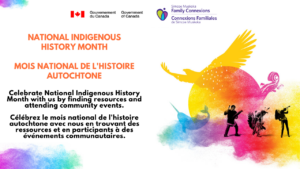
June is National Indigenous History Month. It is a month to learn about, recognize and celebrate the histories and contributions of Indigenous Peoples across Canada!
National Indigenous History Month is indicative of Indigenous Peoples resilience, fortitude and wherewithal to keep their history, culture, and language alive in spite of all of the historical legacies. For non-Indigenous Canadians, it is an opportunity to learn and be grateful for the vital and central role Indigenous Peoples played and continue to play in shaping Canada. It is a time for celebration but also a critical reminder to us all to recognize and learn about the histories, cultures, heritage, perseverance and diversity of Indigenous Peoples in Canada along with the strengths, resilience and contributions of their communities. It is through this critical understanding of our past and present, can we truly hope to create a brighter future that is firmly rooted in relationships based on justice, dignity and respect.
Part of this month is also National Indigenous Peoples Day on June 21st. This day is dedicated to the recognition and celebration of the unique heritage and contributions of First Nations, Inuit and Métis Peoples in all aspects of Canadian life.
We encourage everyone to learn from community partners and other resources, and participate in local events throughout the month and the rest of the year.
We hope you will join us in celebrating Indigenous History every day.
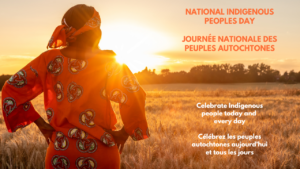
National Indigenous Peoples Day takes place on the summer solstice, June 21. It’s an important occasion to celebrate and learn more about the rich and diverse cultures, voices, experiences and histories of First Nations, Inuit and Métis peoples. Learning about Indigenous Peoples, places and experiences is a step forward that each Canadian can take on the path to reconciliation.
Learn about National Indigenous Peoples Day, why it was created, and the significance of celebrating during the summer solstice.
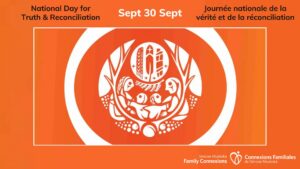
National Day for Truth and Reconciliation held significance for the Indigenous communities for many years and has its origins in the importance of “honoring the legacy of Indian Residential Schools.”
National Truth & Reconciliation Day or Orange Shirt Day was born from the St. Joseph Mission Residential School (1891-1981) Commemoration Project and Reunion events that took place in Williams Lake, BC in May 2013. The date was chosen because it is the time of year when children were taken from their homes to residential schools. It is an opportunity for Indigenous Peoples, local governments, schools, and communities to come together in the spirit of reconciliation and hope for generations of children to come.
It’s an occasion to reflect on the legacy of Indian Residential Schools and the subsequent involvement and impact of the child welfare system. It’s important to recognize what the day represents—on an on-going basis — through reflection and subsequent actions in order to further our steps on the long journey of meaningful learning, understanding and reconciliation.
We also encourage you to reflect on the OACAS 9 Sector Commitments and, if applicable, how you can put them into practice.
Each year, we hope you will attend and be involved with local community events and online out of region offerings.
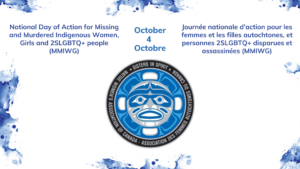
Every October 4, Sisters in Spirit Day draws communities together across Canada to honour the lives of the Missing and Murdered Indigenous Women and Girls and gender diverse people as well as to show support for grieving families and to educate the public on this national tragedy towards action.
This annual vigil was initiated in 2006 by the Native Women’s Association of Canada. On December 8, 2015, the federal government announced the National Inquiry into Missing and Murdered Indigenous Women and Girls (MMIWG) as a key government initiative to end the disproportionally high levels of violence against Indigenous women and girls. On June 3, 2019, the National Inquiry issued its final report. It details 231 Calls for Justice (recommendations).
The Report recommends public education and awareness of the alarming levels of violence against Indigenous women and girls, the issues and root causes of the violence they experience, and the issue of grooming for exploitation and sexual exploitation. A key part of the report details the involvement of child welfare as a root cause along with how it can be a major part of the solution.
Visit https://nwac.ca/events/sisters-in-spirit-vigil-events and https://nwac.ca/knowledge-centre for additional resources.
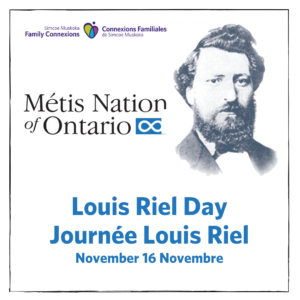
Louis Riel is a revered Metis leader, founder of Manitoba, a defender of Métis rights and the distinct Michif language and culture of the Métis people.
On November 16, 1885 Louis Riel was tragically executed for leading the Northwest Resistance in defense of Métis rights. His impassioned advocacy for Indigenous rights and his contributions to the Métis People have helped define Canada as we know it today.
For more information on the contribution and legacy of Louis Riel see here https://www.metisnation.org/culture-heritage/louis-riel-day/
Louis Riel Day provides us with an opportunity to reflect on our relationships and services to Metis children, youth, families and communities. It is a reminder of our important journey towards reconciliation and culture-based approaches. It is also a time to celebrate the contributions of all Metis people!
“I am more convinced everyday that without a single exception I did right. And I have always believed that, as I have acted honestly, the time will come when the people of Canada will see and acknowledge it” – Louis Riel
2025 Events
- https://www.barrie.ca/community-recreation-environment/heritage/recognizing-national-day-truth-reconciliation
- https://calendar.orillia.ca/
- Various event listed on Metis Nation of Ontario website here: https://www.metisnation.org/news/celebrating-louis-riel-day-2025-events/
- First Light in Midland – free entry on Sunday, November 16 for Metis families
- Ontario Native Women’s Association – live stream event at 1pm on Sunday, November 16
- Free skate in Tay for Metis Families
- Georgian College often has events – we encourage you to call for more details
- Visit this page to see some of the Pow Wows taking place across Ontario: https://northernontario.travel/indigenous/pow-wows-ontario-complete-list
- Keep an eye out for events from the Barrie Native Friendship Centre.
- Visit the Muskoka Indigenous Friends Cultural Centre to see community events.
- Y March and other events in Sainte-Marie Among the Hurons
The City of Barrie in collaboration with the Mamaway Wiidokdaadwin Primary Care Team from the Barrie Area Native Advisory Circle, Barrie Native Friendship Centre, Red Quills, and the Barrie Public Library, will host events to celebrate the rich heritage, diverse cultures, and significant contributions of First Nations, Inuit, and Métis peoples with a variety of exciting programs throughout the month of June. See the 2024 Programming schedule in the link below (to be updated soon):
Ongoing events
Are you a 60’s Scoop survivor from Williams Treaty Nations wanting to connect with other survivors?
For more information and to register for the retreat, please childrenwhocamehome@gmail.com
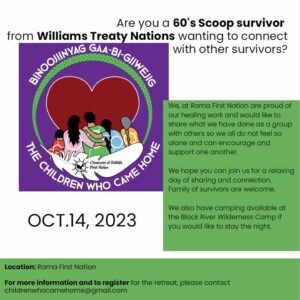
The new art gallery located in the heart of Midland is always featuring Indigenous artist exhibitions. This free-admission fine art gallery is proud to show the works of regional and Ontario artists.
MCC Gallery of Indigenous Art | Midland MCC (midlandculturalcentre.com)
National Indigenous History Month (rcaanc-cirnac.gc.ca)
Métis Nation of Ontario – YouTube
Dnaagdawenmag Binnoojiiyag Child & Family Services – YouTube
Books:
The Barrie Public Library invite you to learn more by checking out these reading lists featuring content by and about Indigenous authors and illustrators for adults, teens, and children. You can find a book list as well as other programs and resources on the library website.
June is National Indigenous History Month | News & Announcements (barrielibrary.ca)
Resources (links, books, etc.)
Explore the Community Toolkit for materials related to the First Nations Child and Family Services and Jordan’s Principle Settlement. The toolkit includes booklets, social media posts, posters, and ads designed to help First Nations communities and organizations raise awareness about the Settlement and help Class Members understand the Claims Process.
The Gatherings: Reimagining Indigenous-Settler Relations
48 books by Indigenous writers to read to understand residential schools | CBC Books
- https://www.cbc.ca/books/seven-fallen-feathers-1.4232642
- https://www.cbc.ca/books/dear-canada-these-are-my-words-1.3988806
- https://www.cbc.ca/books/indian-horse-1.3973010
- https://www.cbc.ca/books/five-little-indians-1.5451966
- https://www.cbc.ca/books/speaking-our-truth-1.4368872
- http://cbc.ca/1.5249089
- http://cbc.ca/1.5249509
- http://cbc.ca/1.6057388
- https://www.cbc.ca/books/in-my-own-moccasins-1.5220779
If you have any resource to share, please contact us.
Indigenous organizations to know and support
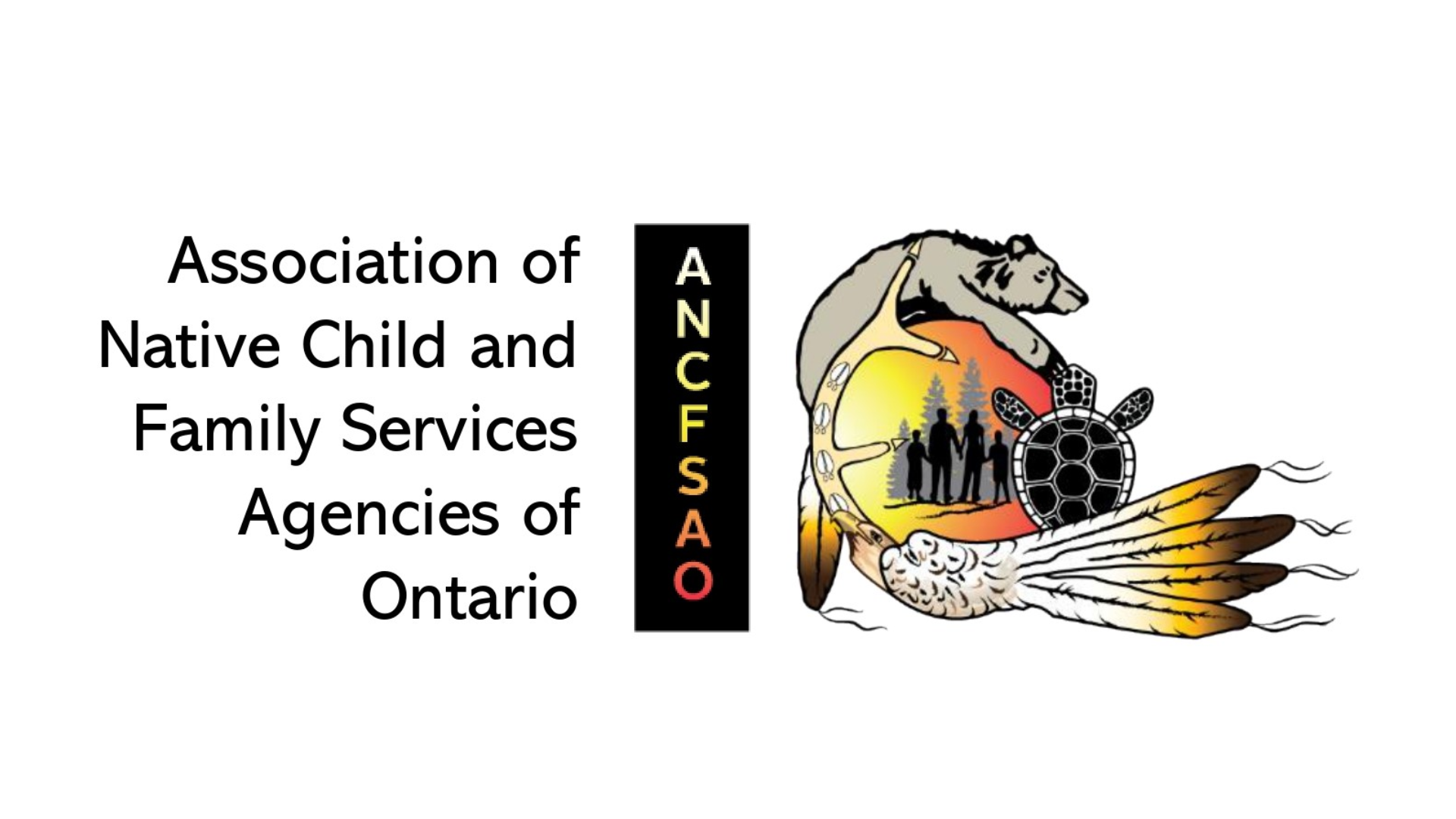
Association of Native Child and Family Services Agencies of Ontario (ANCFSAO)
Learn more
Barrie Native Friendship Centre
Learn more
Beausoleil First Nation Child & Family Services
Learn more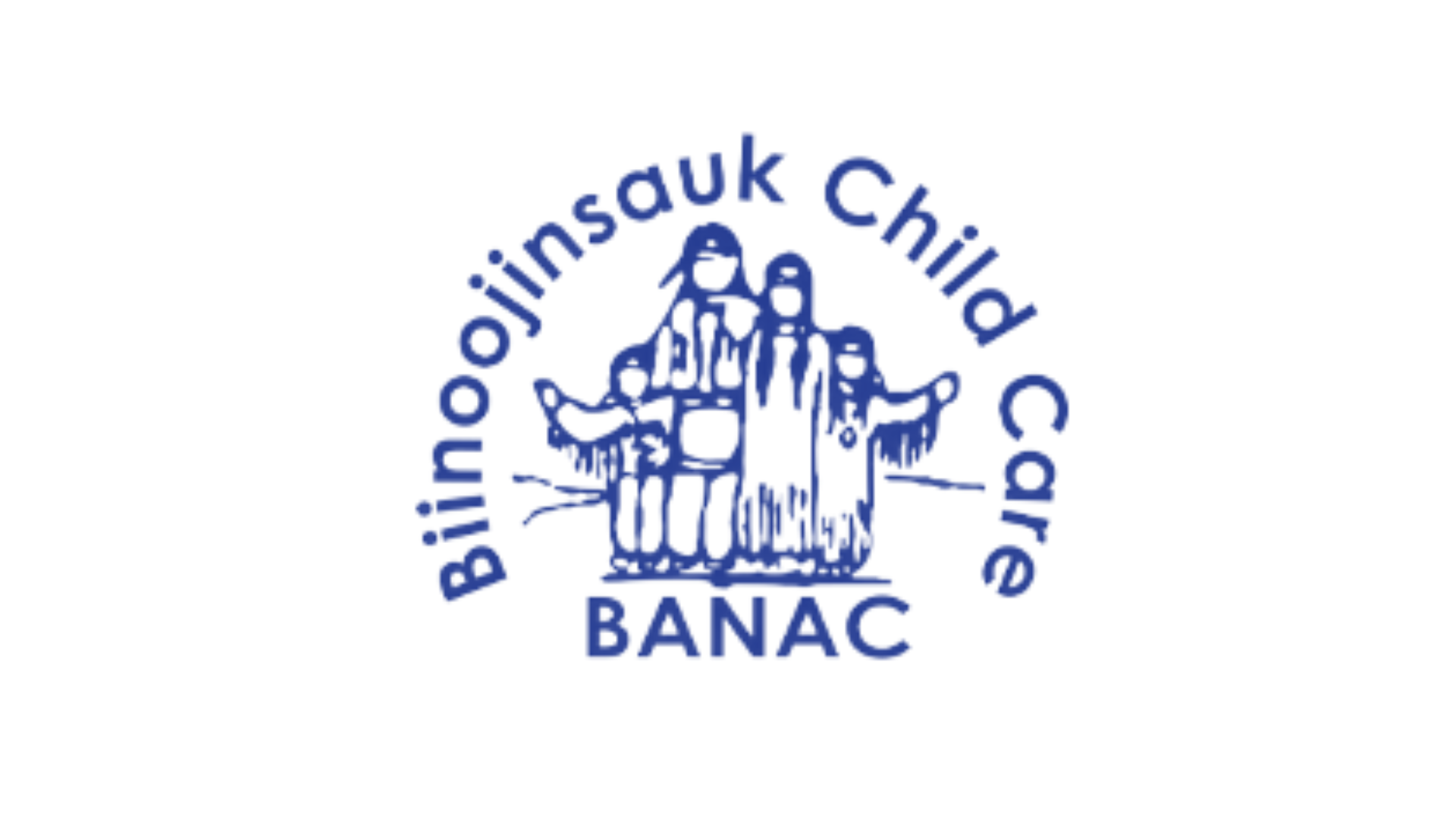
Biinoojinsauk Child Care Centre (Midland & Barrie)
Learn more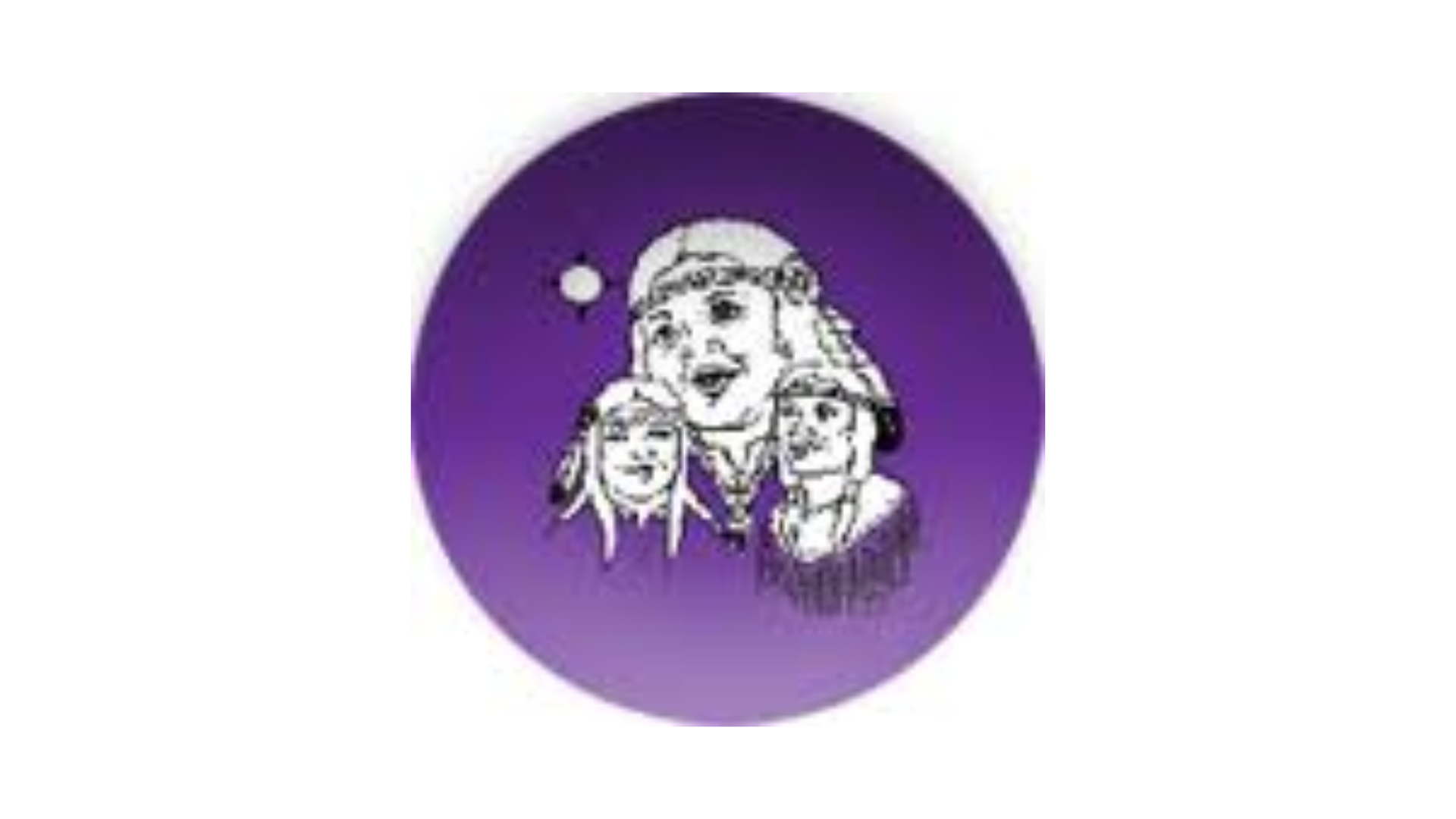
Biminaawzogin Regional Aboriginal Women’s Circle
Learn more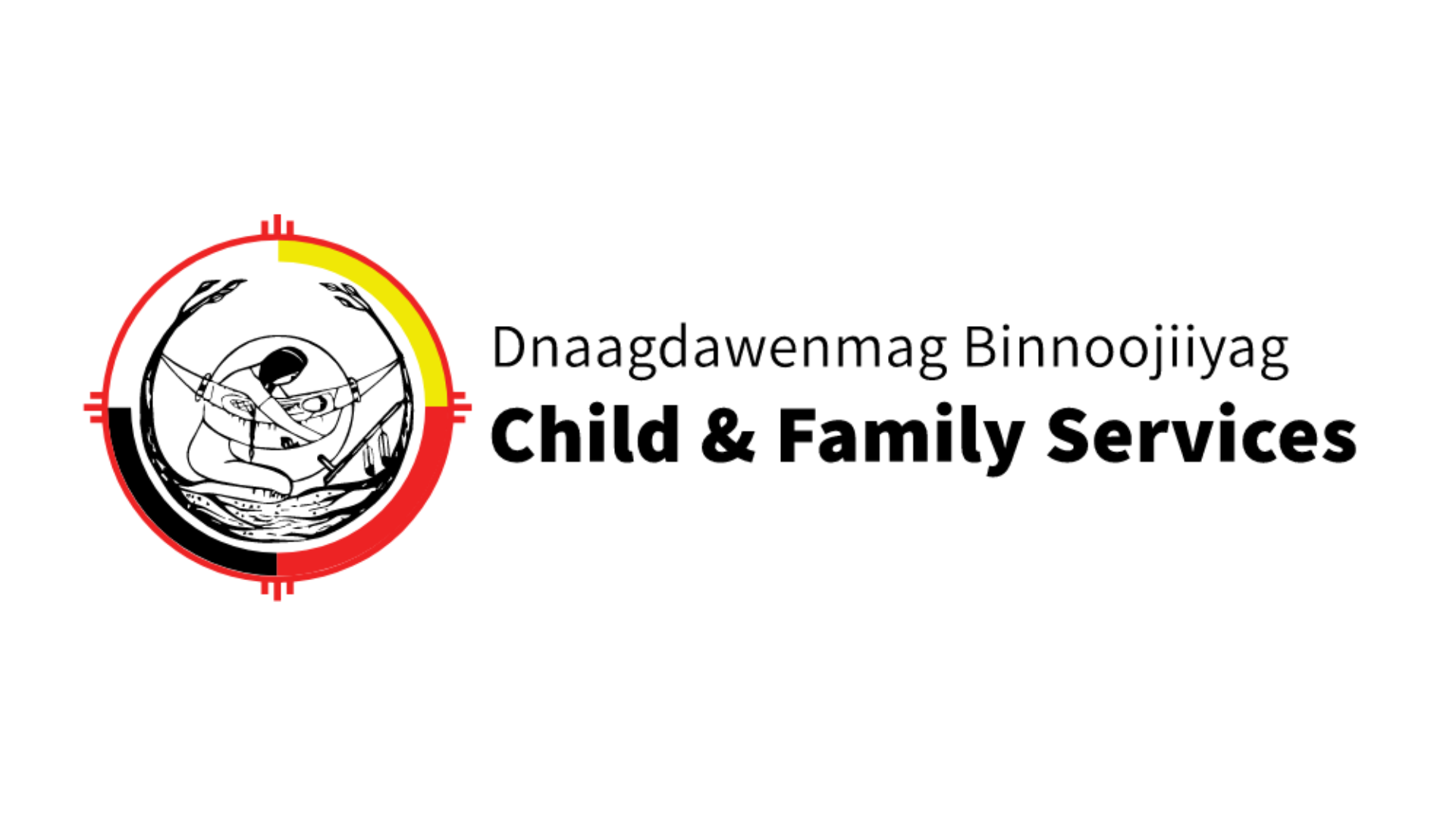
Dnaagdawenmag Binnoojiiyag Child & Family Services
Learn more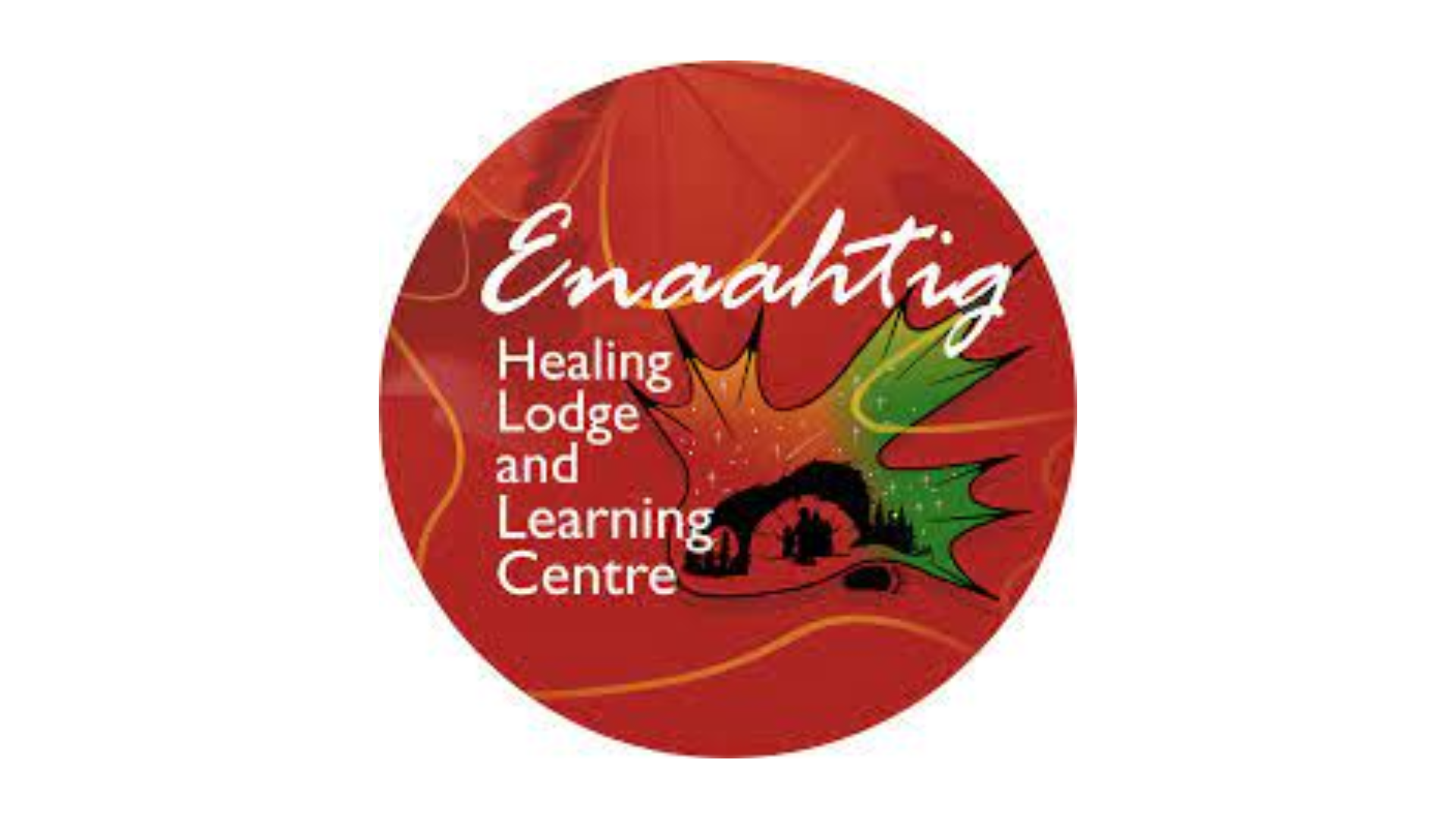
Enaahtig Healing Lodge and Learning Centre
Learn more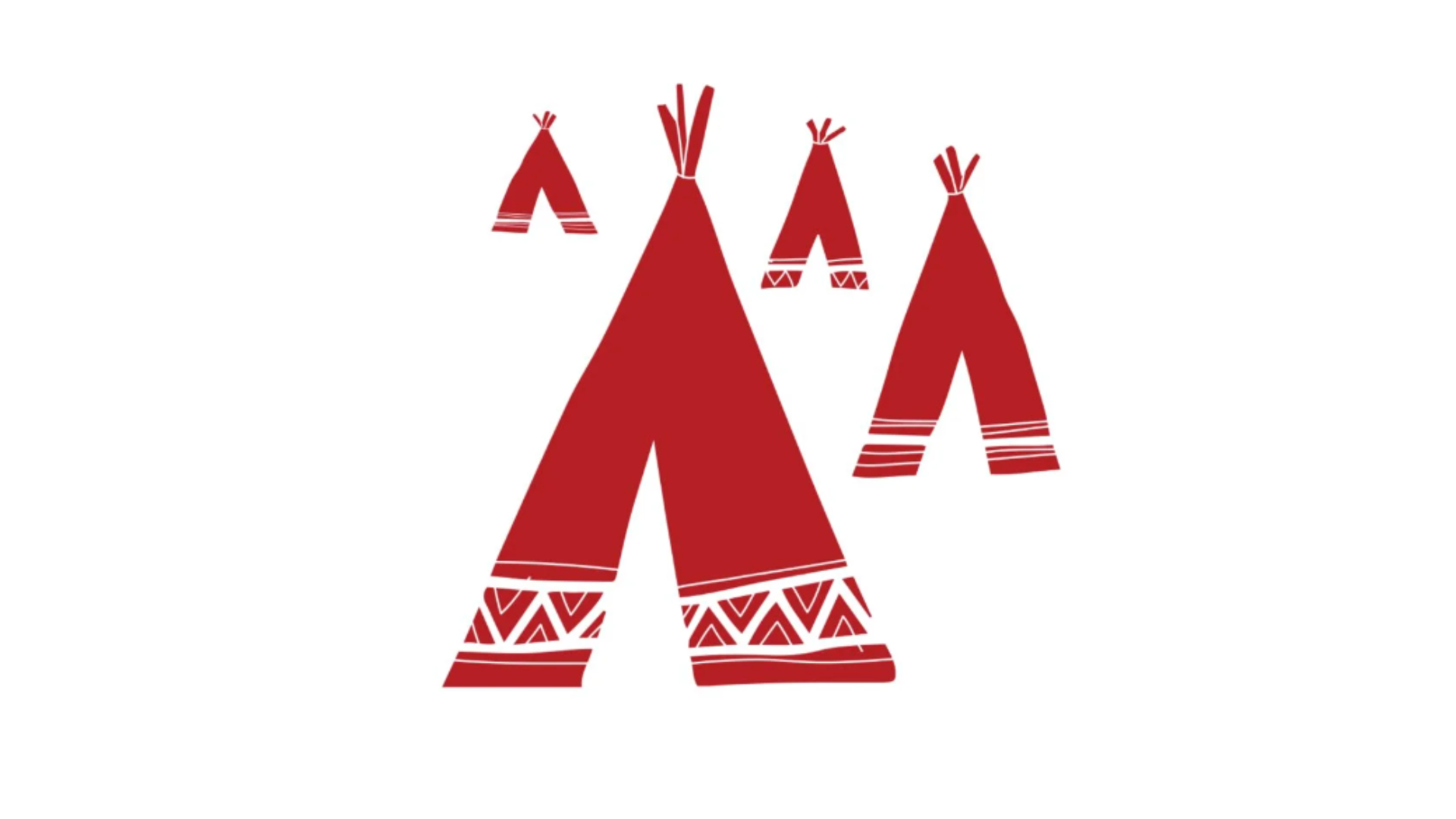
Endaad Housing
Learn more
Georgian Bay Friendship Centre
Learn more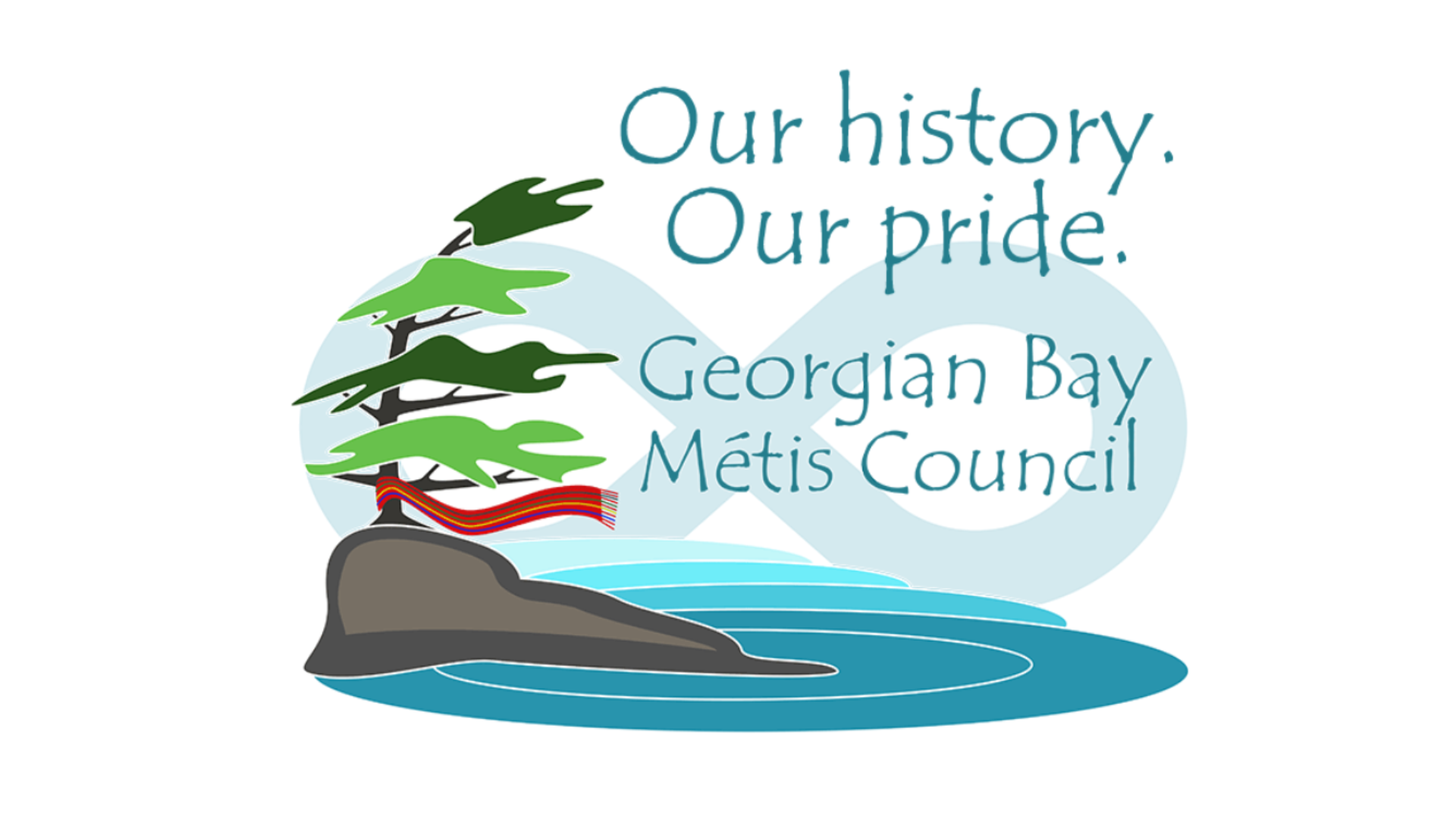
Georgian Bay Métis Council
Learn more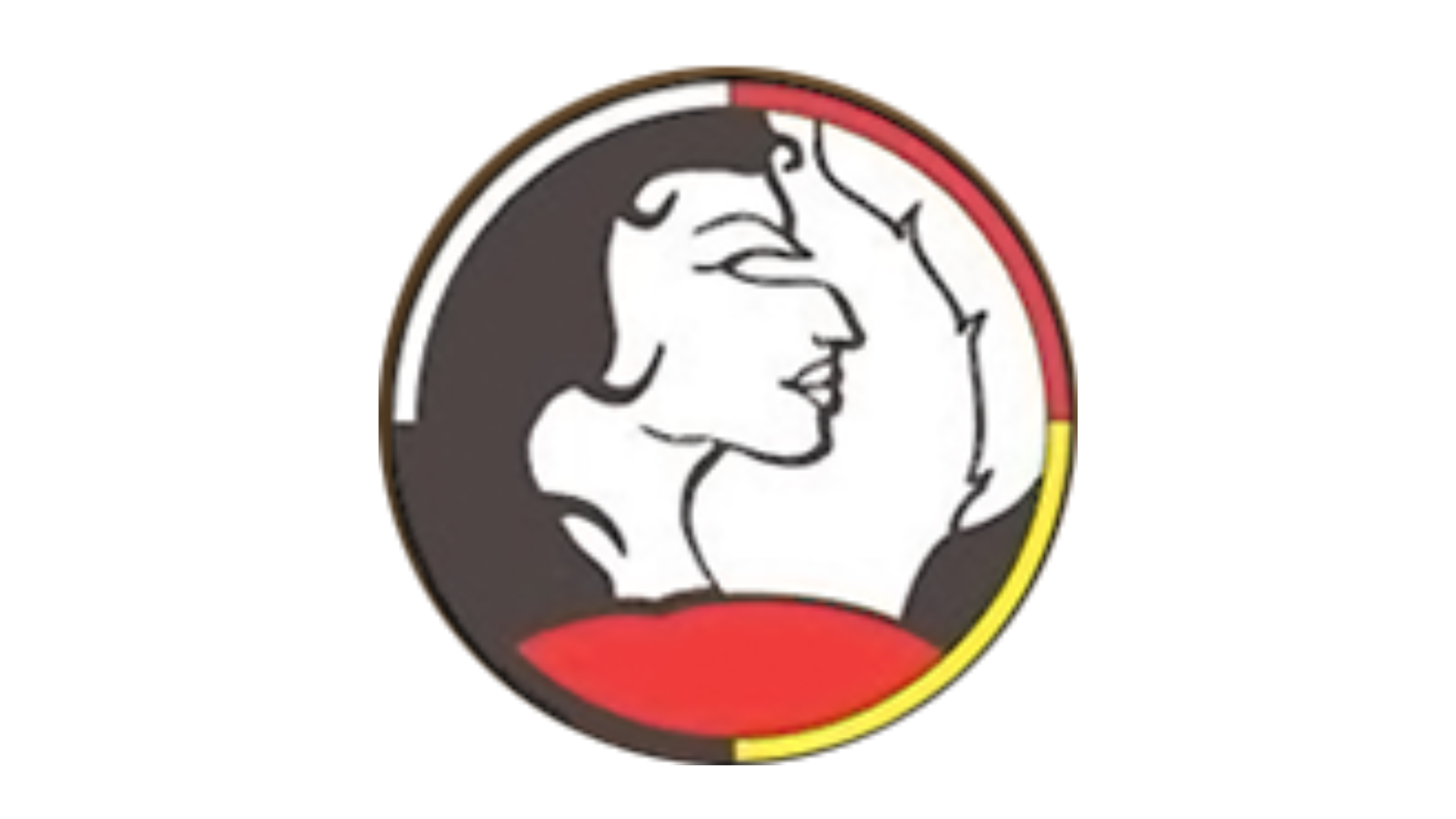
Georgian Bay Native Women’s Association
Learn more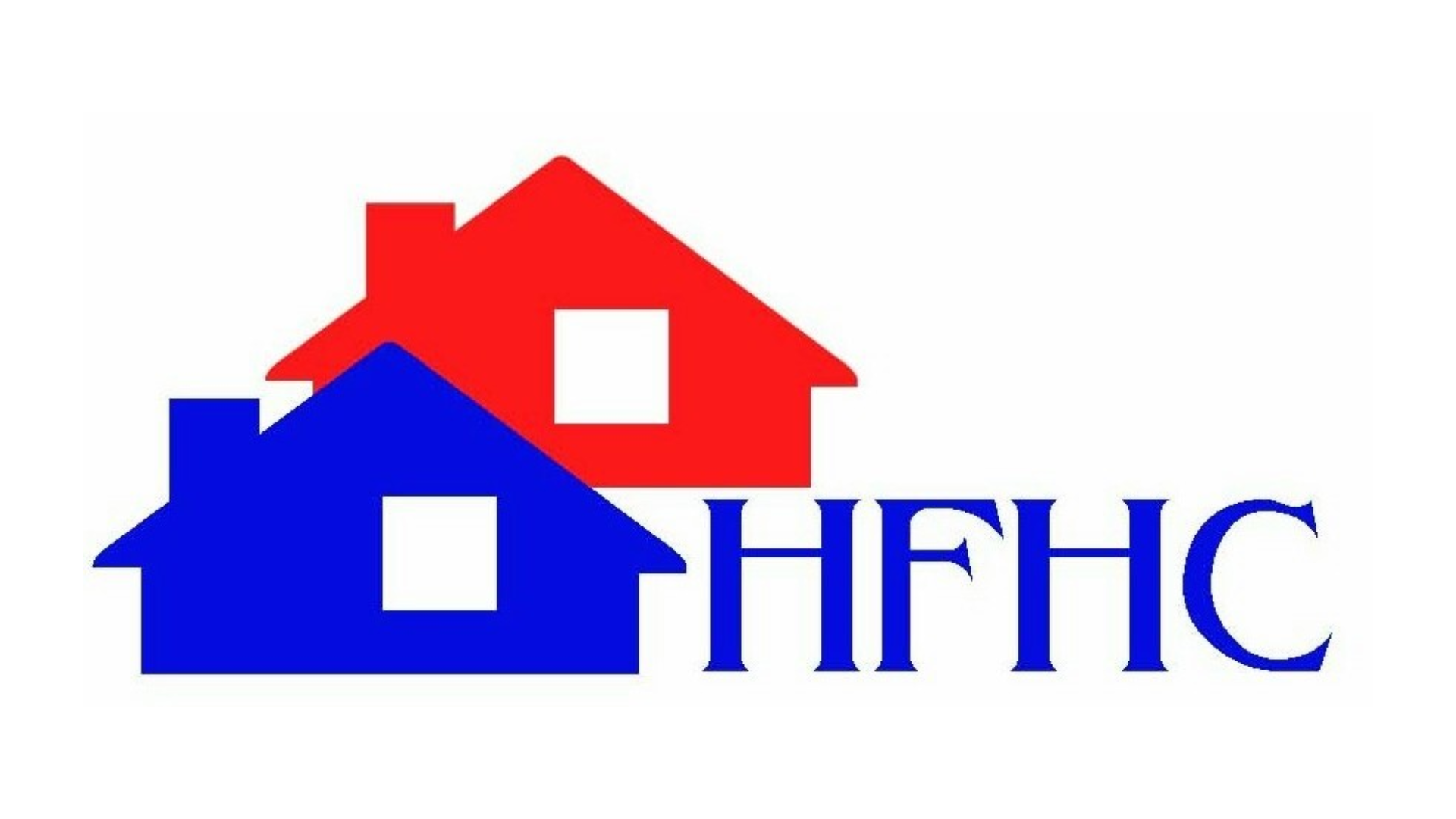
Huronia Family Housing
Learn more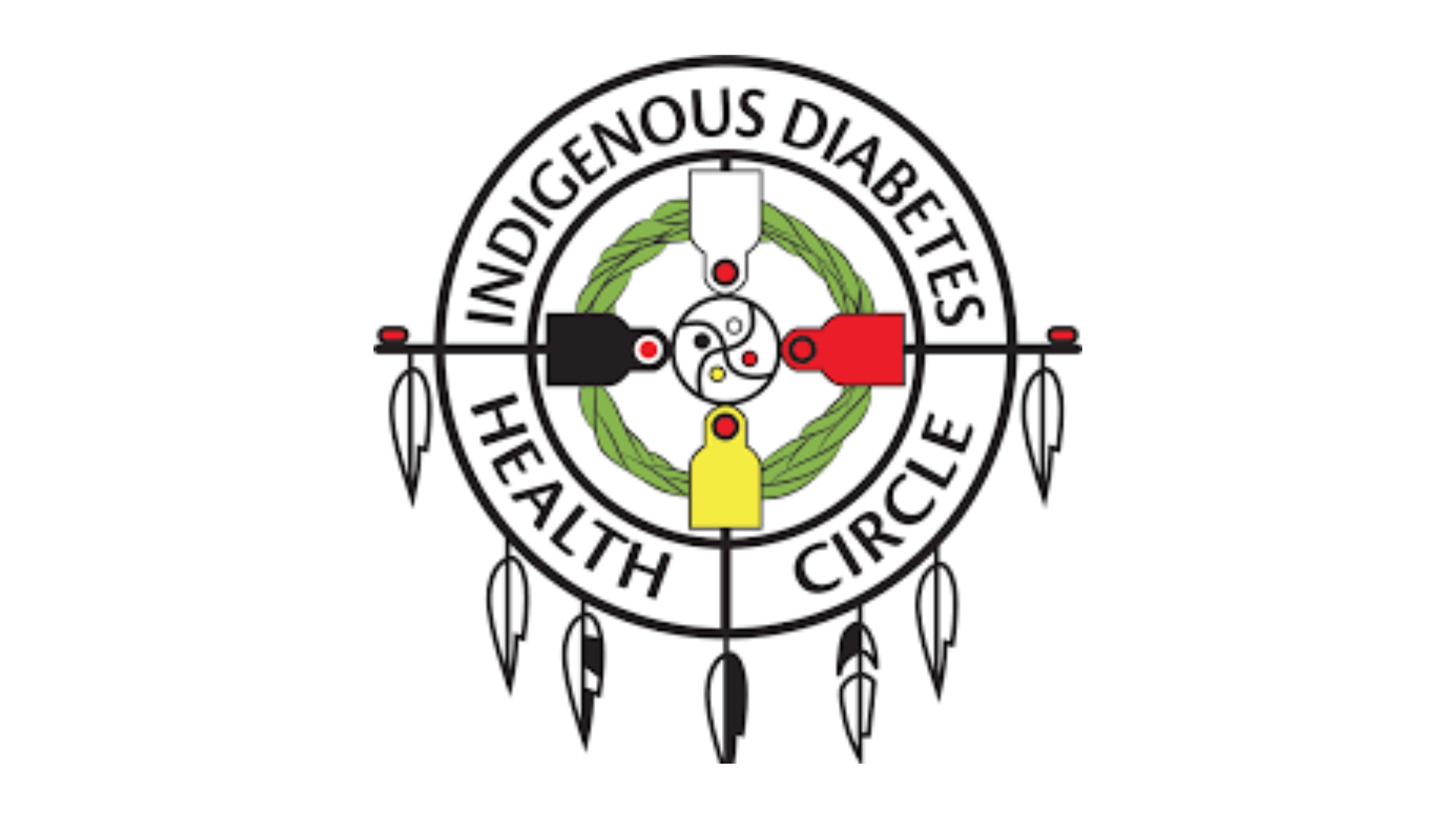
Indigenous Diabetes Health Circle
Learn more
Mamaway Wiidokdaadwin
Learn more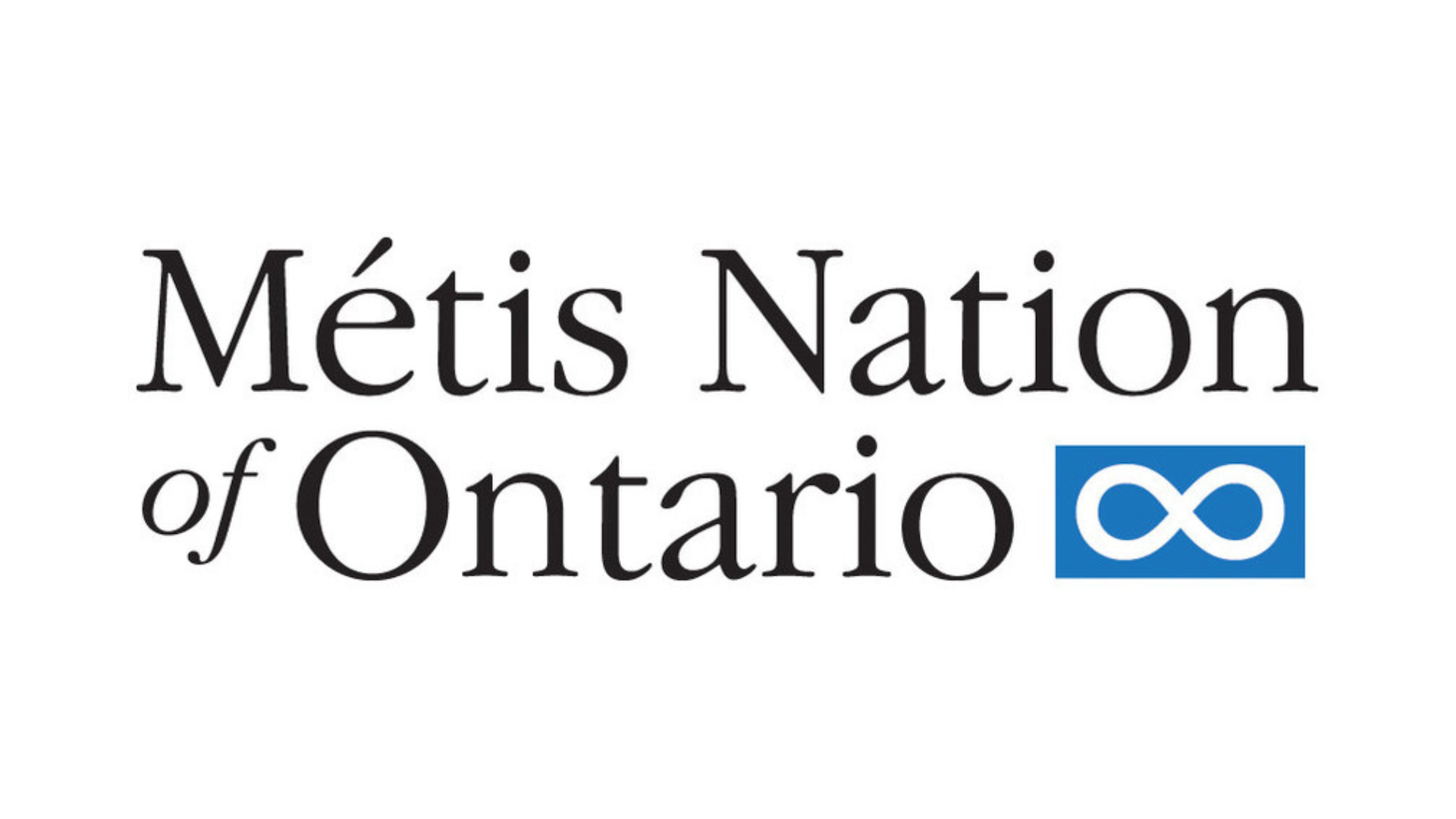
Métis Nation of Ontario
Learn more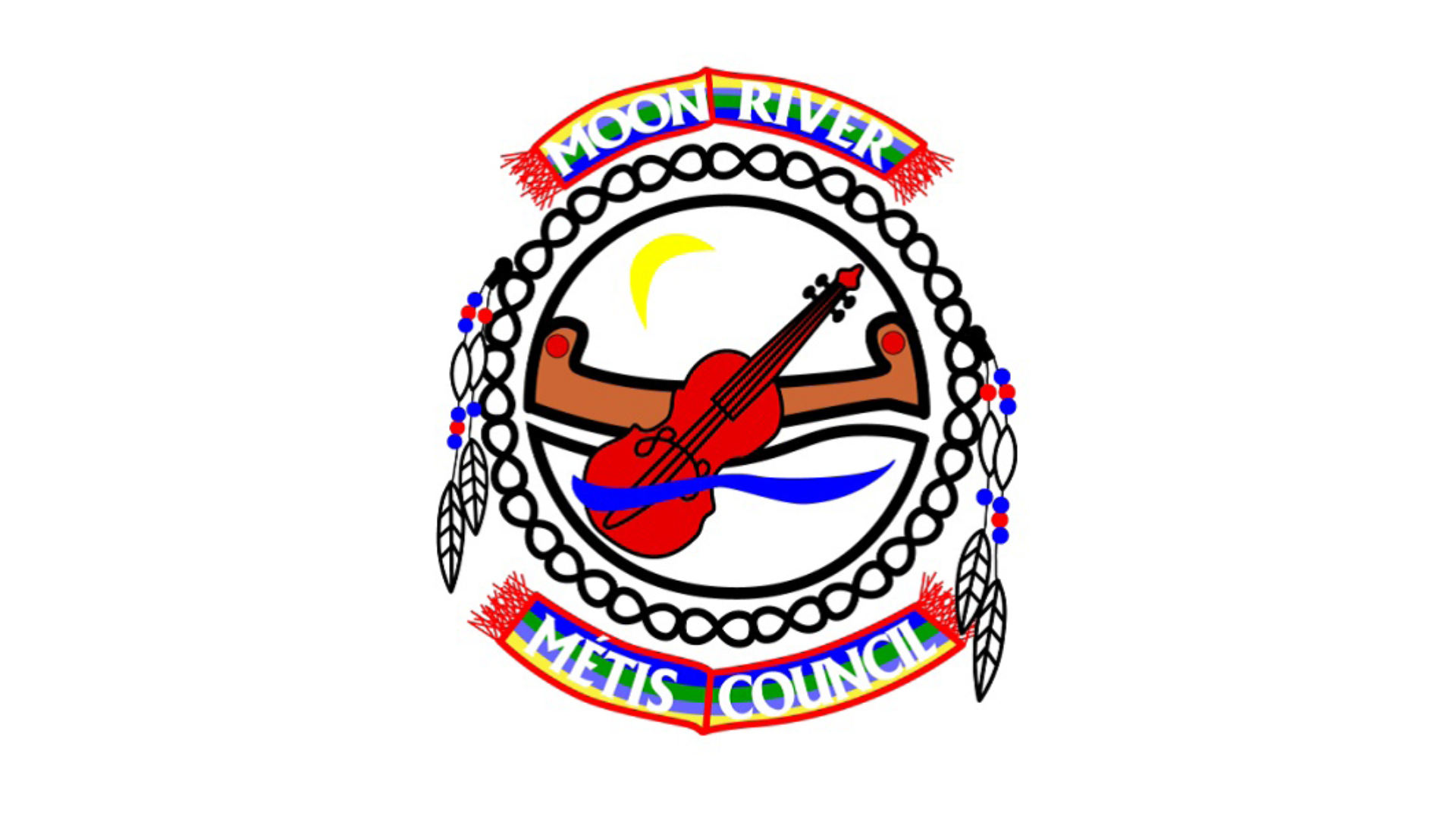
Moon River Métis Council
Learn more
Moose Deer Point Government Office
Learn more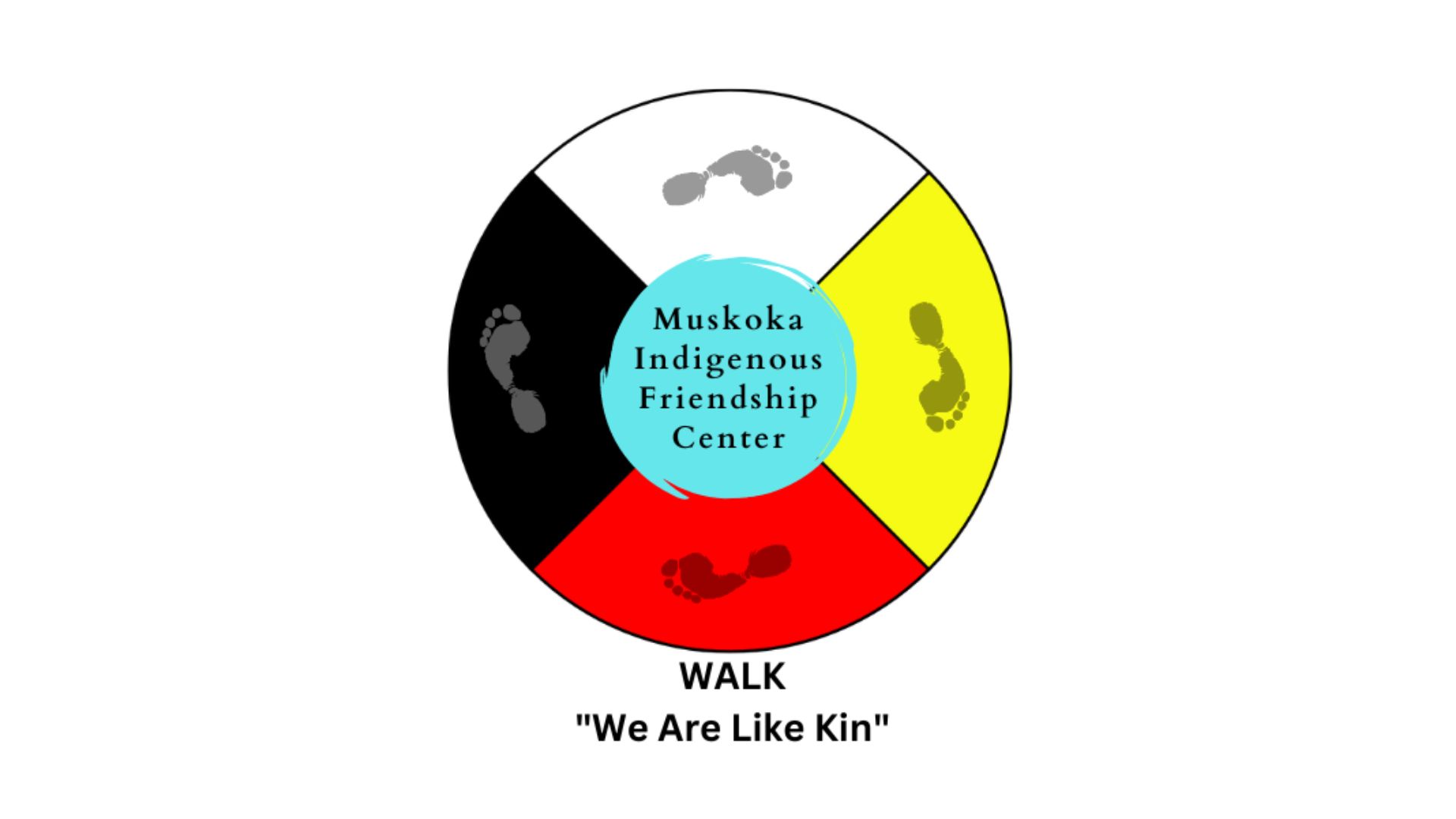
Muskoka Indigenous Friendship Centre
Learn more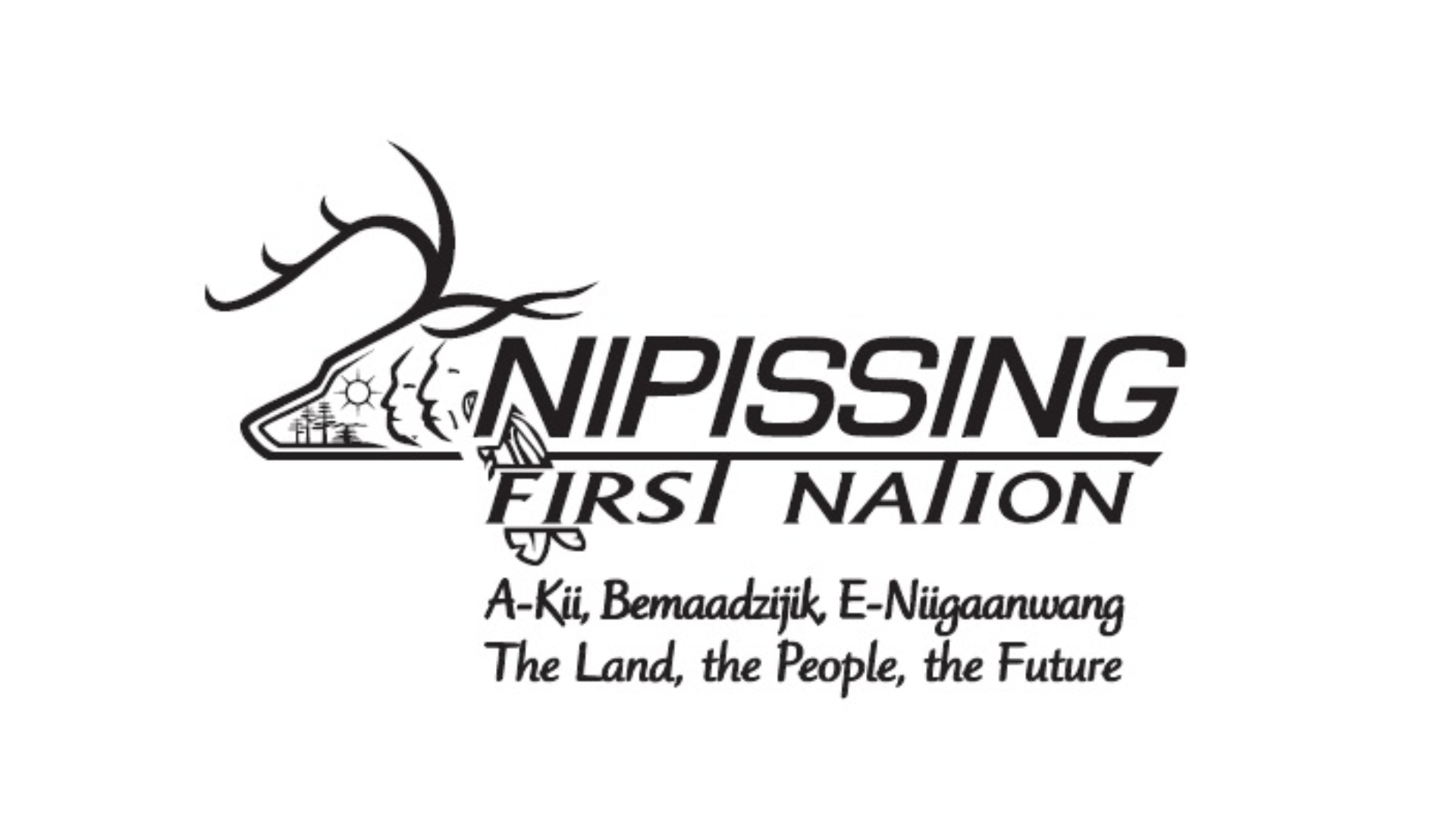
Nipissing First Nation
Learn more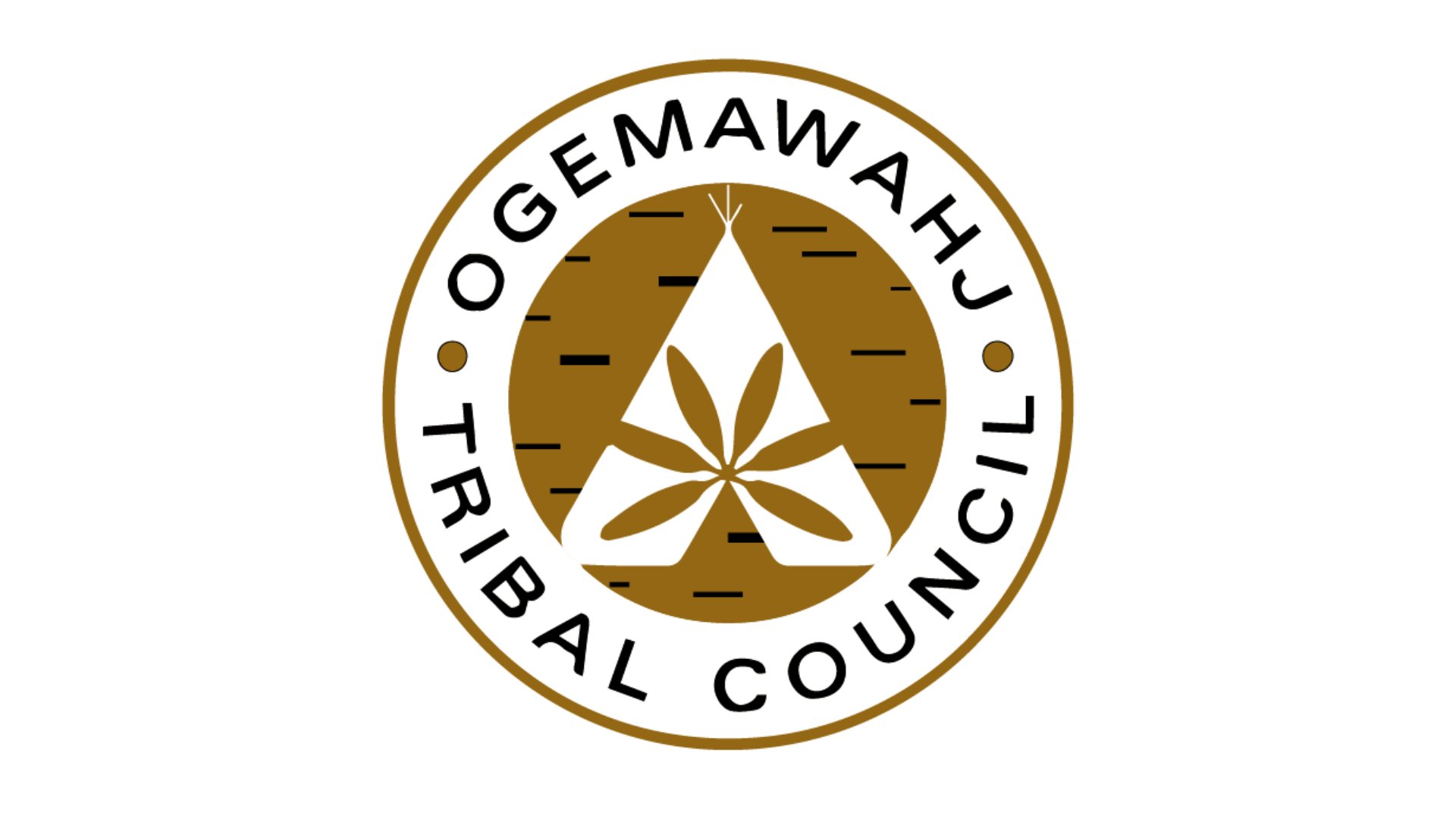
Ogemawahj Tribal Council
Learn more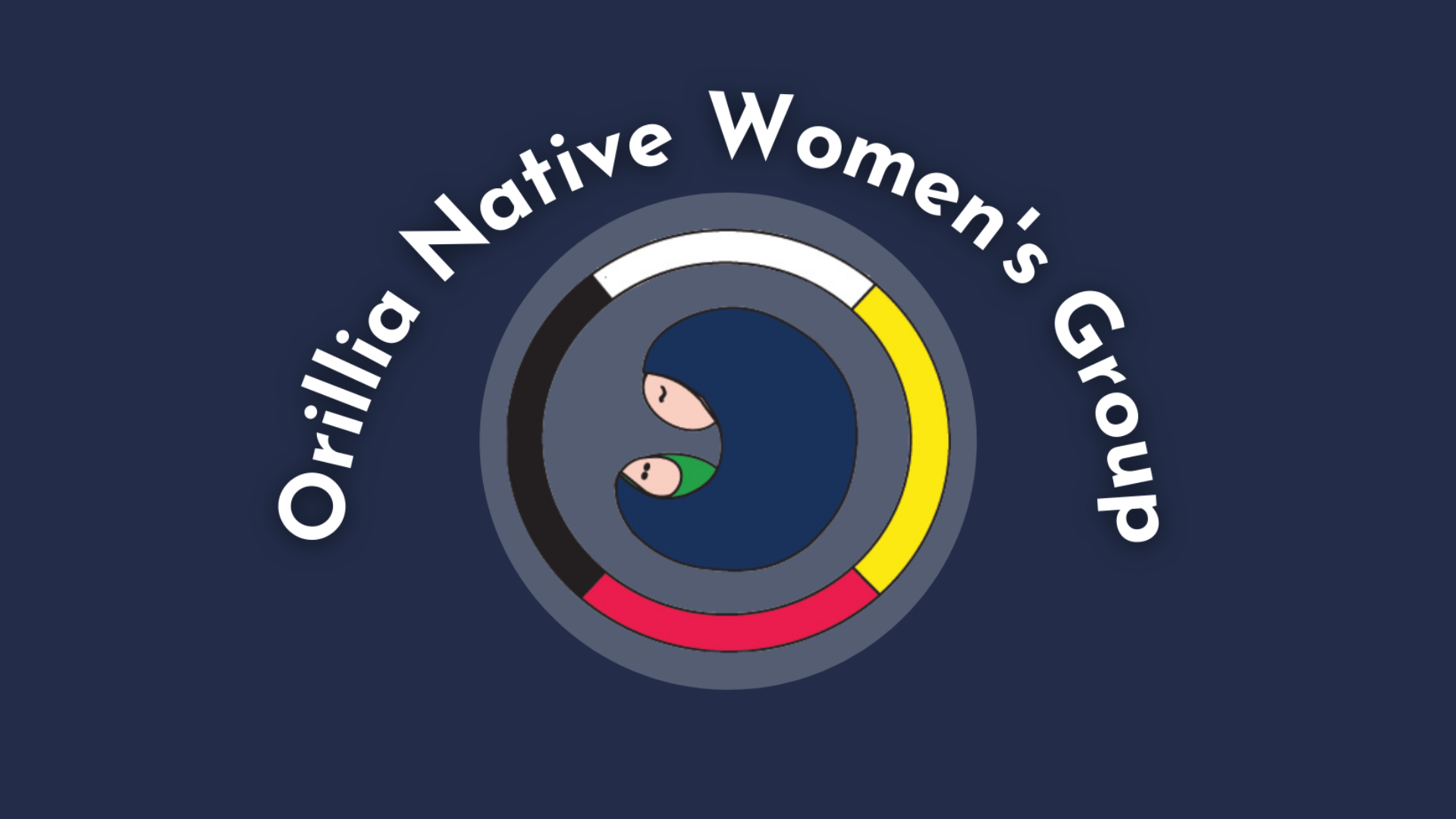
Orillia Native Women’s Group
Learn more
Rama First Nation Community and Family Services
Learn more
Red Quills
Learn more
SUN Housing
Learn more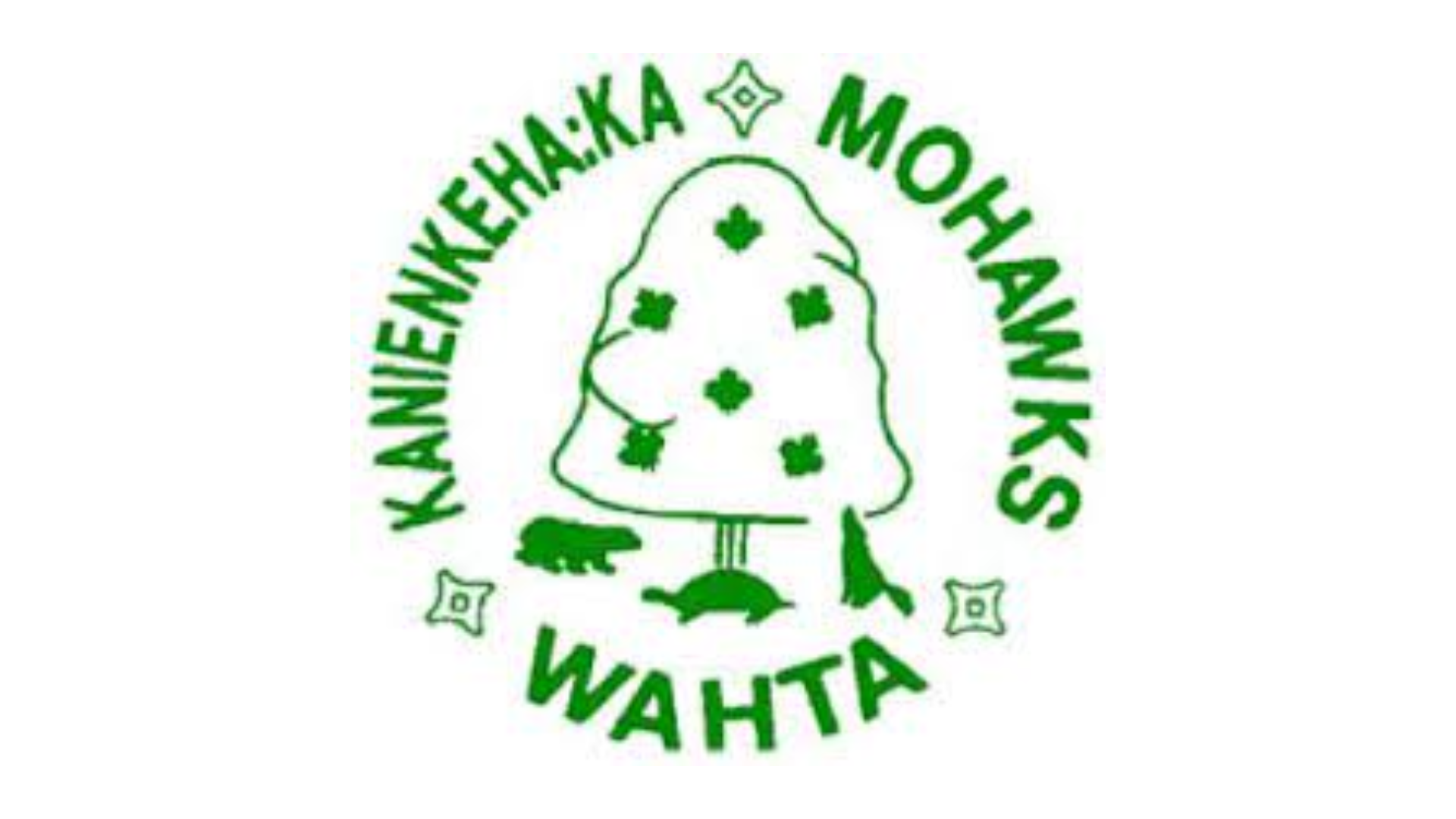
Wahta Mohawks Government Office
Learn moreUrban Indigenous Service Providers
Barrie Area Native Advisory Circle
Barrie Native Friendship Centre
Biinoojinsauk Child Care Centre (Barrie)
(705)-734-1818 ext. 233
Biinoojinsauk Child Care Centre (Midland)
Biminaawzogin Regional Aboriginal Women’s Circle (Orillia)
Enaahtig Healing Lodge and Learning Centre (Victoria Harbour)
Enaahtig Outreach Aboriginal Child & Mental Health & Addictions programs (Orillia)
Georgian Bay Native Friendship Centre (Midland)
Georgian Bay Native Women’s Association (Midland)
Huronia Family Housing (Midland)
Indigenous Diabetes Health Circle (Barrie)
Metis Nation of Ontario (Midland)
Ogemawahj Tribal Council (Ramara)
Canadian Mental Health Association – John Rice
134 Anne Street S Barrie ON
705-726-5033 ext 240
Catulpa Community Services FNIM Facilitator
165 Ferris Lane Barrie ON
(705)733-3227 ext. 2335
Chigamik Community Health Centre
344 King Street, Midland ON
Community Living Huronia – Preschool Resource Services
230 Aberdeen Blvd, Midland
Georgian College – Indigenous Services (Resource Centre)
1 Georgian Dr, Barrie, ON
705-728-1968 x1376
Simcoe Community Services – Indigenous Coordinator
39 Fraser Ct, Barrie ON
705-795-8686 (cell)
South Muskoka Memorial Hospital
Mary Sue Robinet
(705)645-4404 ext.3512 or cell (249)288-3702.
